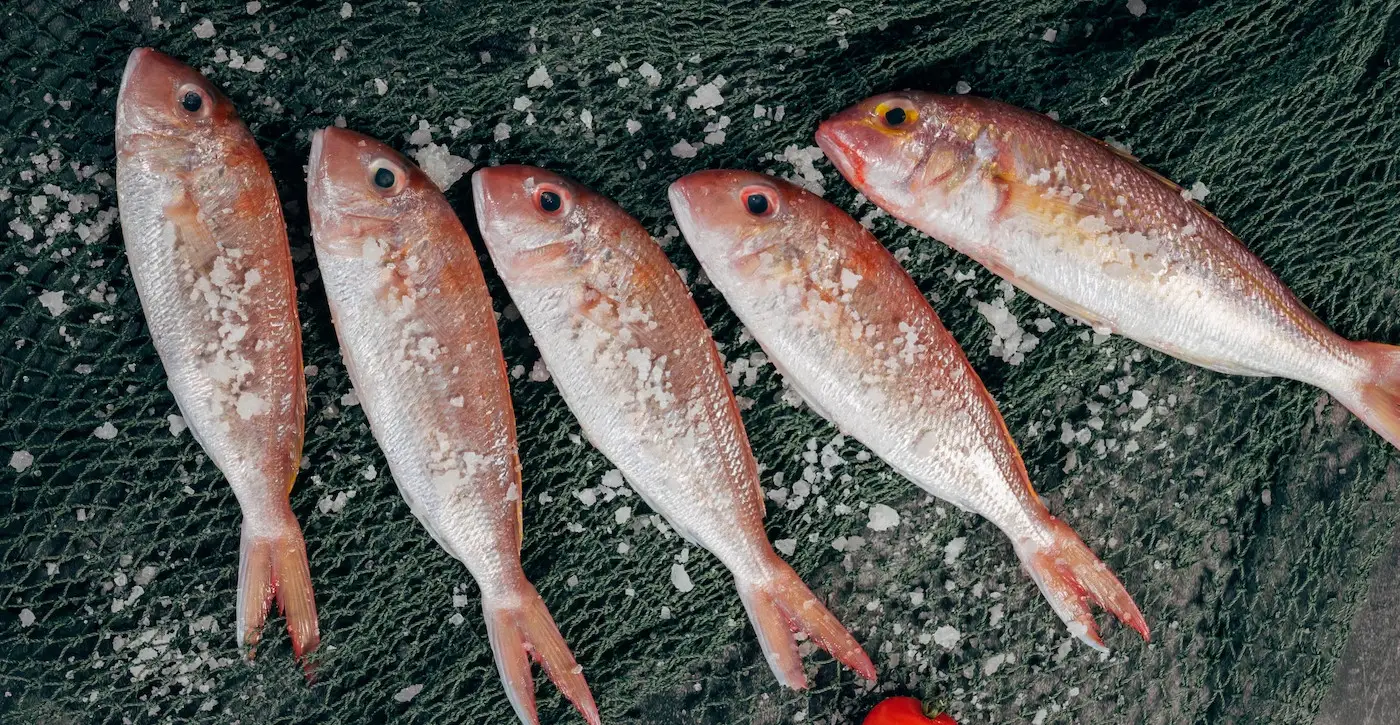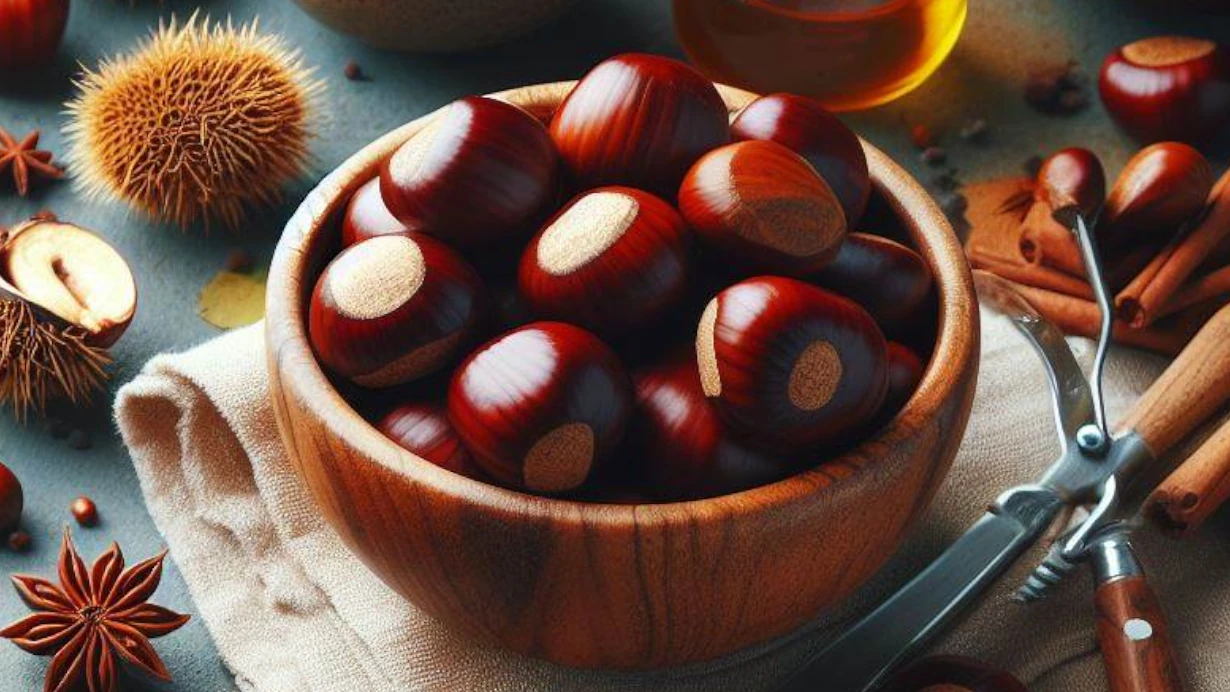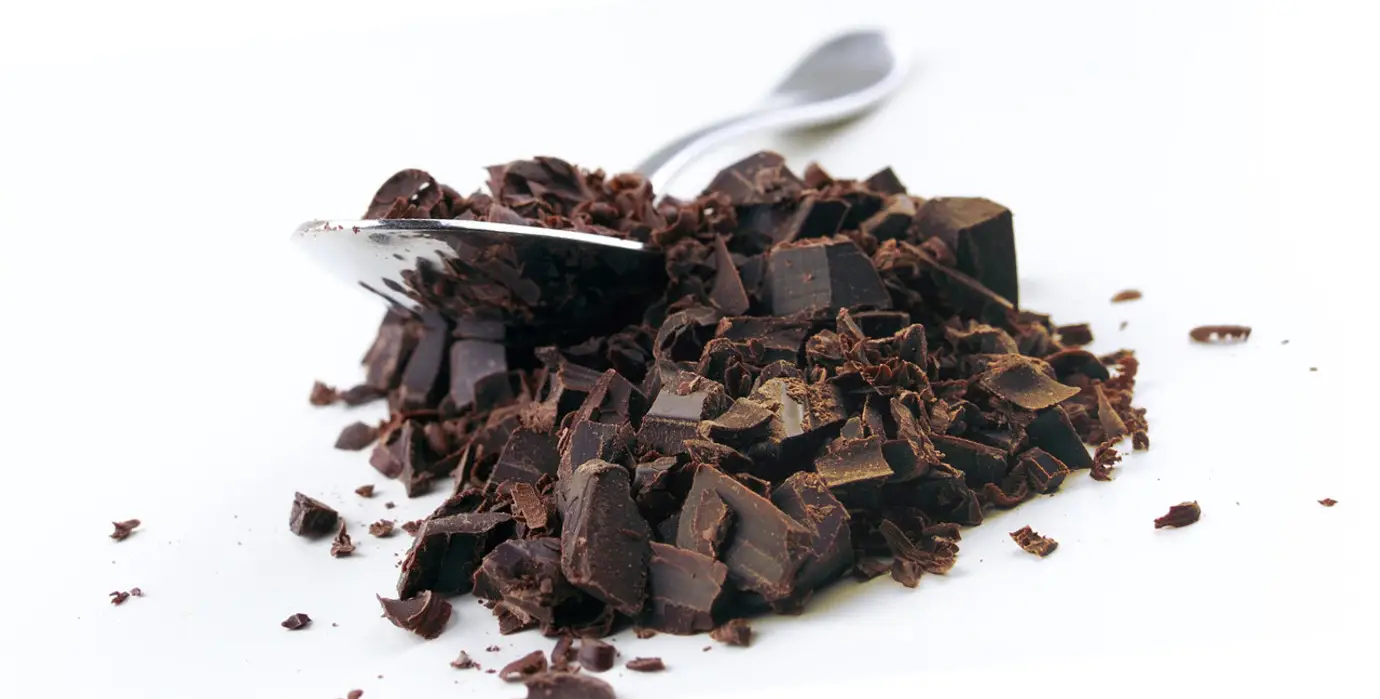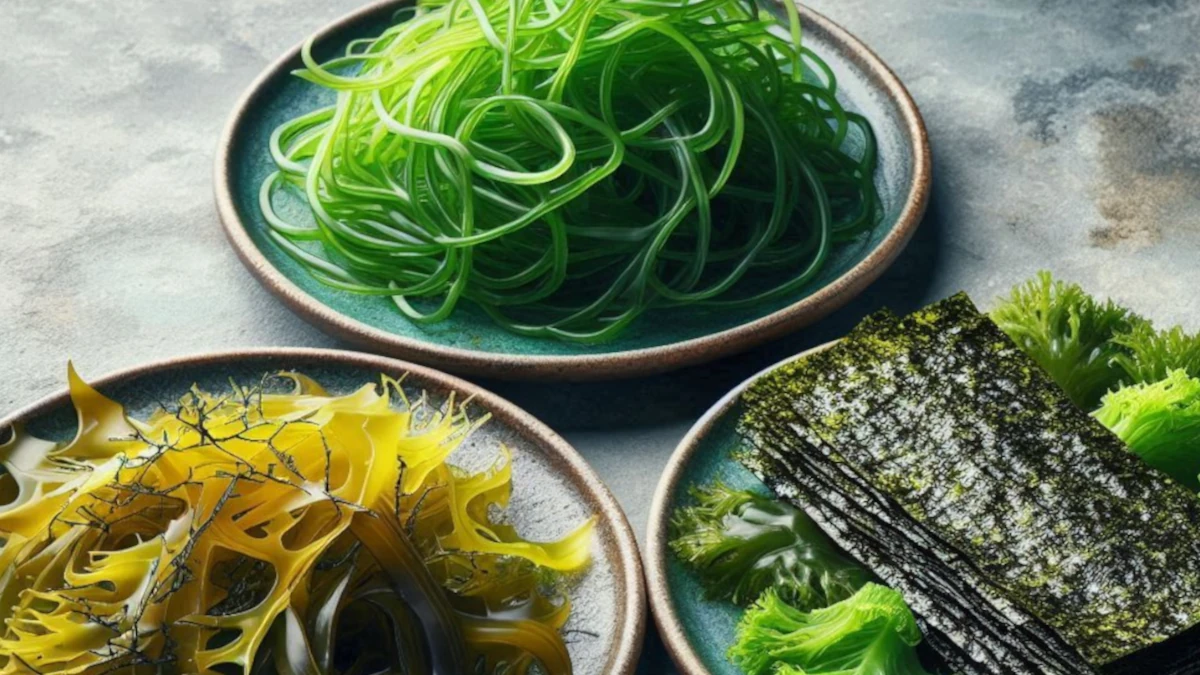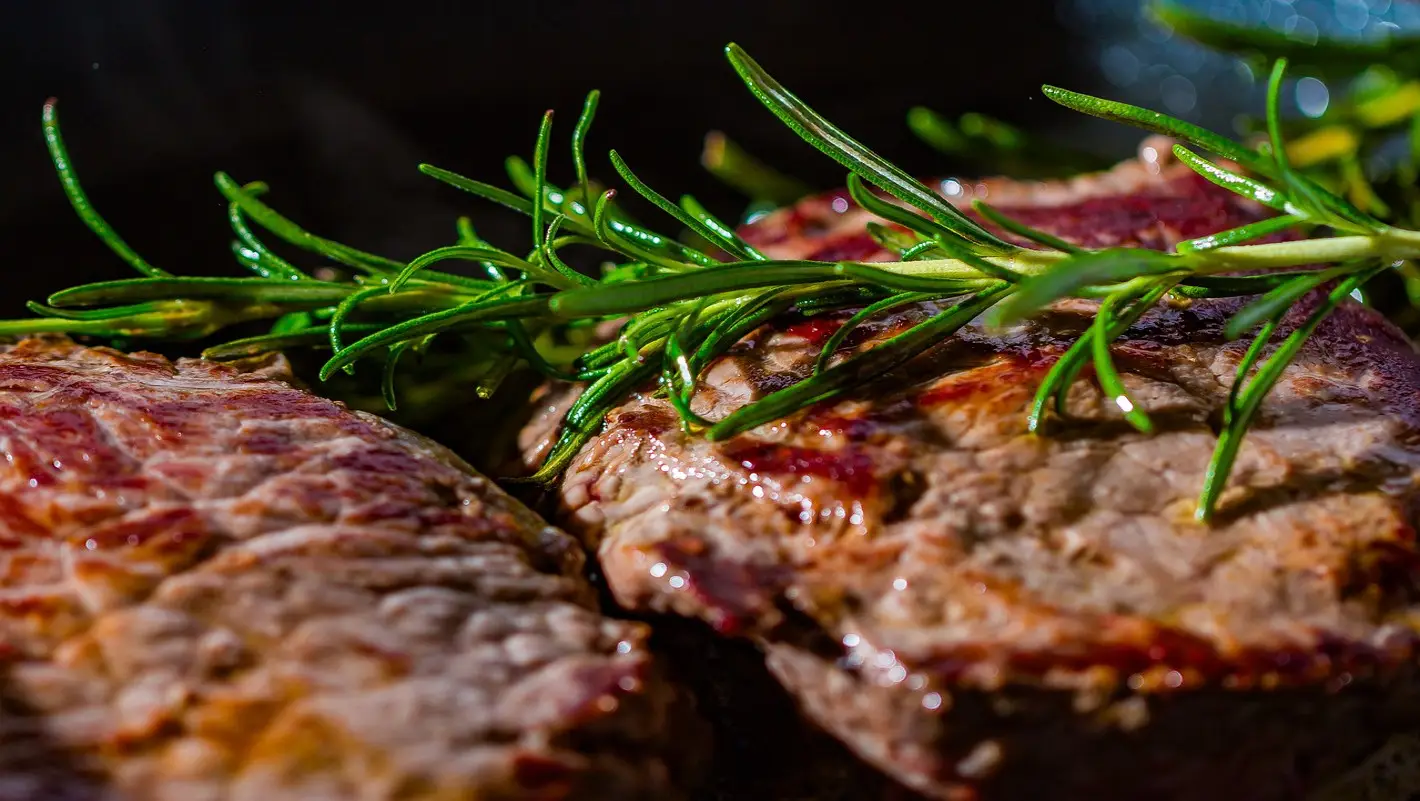Herring Lysine and Arginine Info Sheet
Overview
Herring is a small, oily fish that has a silvery skin and a rich, savory flavor. It is often sold fresh, frozen, pickled, or smoked. Herring is a staple food in many coastal regions, especially in Scandinavia, where it is served with potatoes, bread, or crackers.Herring is high in protein, omega-3 fatty acids, selenium, vitamin B12, and niacin.
It also contains moderate amounts of mercury, which can be harmful if consumed in excess.
Herring consumption should be limited to avoid mercury poisoning, especially for pregnant women and children.
| Name | Lysine (mg/100g) | Arginine (mg/100g) | Ratio |
|---|---|---|---|
| Herring | 1647.06mg | 1075.29mg | 1.532 |
Herring contains 1647.06mg of Lysine and 1075.29mg of Arginine per 100g of product.
This means Herring has a high Lysine-Arginine ratio of 1.532.
Because Herring contains much higher levels of lysine than arginine, it is highly recommended for people who suffer from herpes, as it may prevent outbreaks.
Lysine Considerations
Lysine is an essential amino acid that supports immune function, collagen synthesis, and calcium absorption.
Herring provides a high amount of lysine, which may help prevent or treat cold sores, herpes, and osteoporosis.
It is one of the nine amino acids that the human body cannot make by itself, so it has to come from the food we eat.
Lysine has a variety of functions in the body, such as helping with growth, healing, energy, immunity, and collagen production.
Lysine may also have some effects on the herpes virus, which causes cold sores and genital sores.
Studies have suggested that taking lysine supplements or applying lysine cream may help prevent or treat these infections by blocking the amino acid arginine, which the virus needs to grow.
Arginine Considerations
Arginine is a semi-essential amino acid that plays a role in nitric oxide production, blood vessel dilation, wound healing, and growth hormone secretion.
Herring provides a moderate amount of arginine, which may improve cardiovascular health, erectile function, and exercise performance.
Arginine has different benefits for our overall health and performance, such as lowering blood pressure, enhancing wound healing, and increasing exercise endurance.
Arginine can also affect the herpes virus, which causes cold sores and genital herpes.
Studies suggest that arginine may help the virus grow and cause outbreaks, so people with herpes may want to avoid foods that are high in arginine or take lysine supplements to block its effects.
Lysine-Arginine Ratio
The lysine-arginine ratio is a measure of the balance between these two amino acids in a food.
A higher ratio indicates a higher lysine content relative to arginine, which may be beneficial for people with viral infections, such as herpes simplex.
Herring has a high lysine-arginine ratio, which may help inhibit viral replication and reduce the severity and frequency of outbreaks.
Lysine and arginine are both amino acids that are involved in protein synthesis and other metabolic processes.
That said, they have opposite effects on the herpes simplex virus, which causes cold sores and genital herpes.
Lysine can slow down the replication of the virus, while arginine can stimulate it.
Because of this, eating foods that have a high lysine-arginine ratio may help reduce the frequency and severity of herpes symptoms.
Some examples of foods that have a high lysine-arginine ratio are dairy, fish, poultry, fruits, and vegetables.
These foods can provide the body with enough lysine to block the absorption of arginine by the virus, and thus prevent its growth and spread.
Dietary Considerations
Fish is a great source of lysine, which can help slow down or lessen herpes outbreaks.
Fish also contains omega-3 fatty acids, which can lessen inflammation and improve cardiovascular health.
Most fish have more lysine than arginine, but some fish have a higher ratio than others.
Salmon, catfish, whitefish, mackerel, trout, and sardines are some of the fish that have the most lysine compared to arginine.
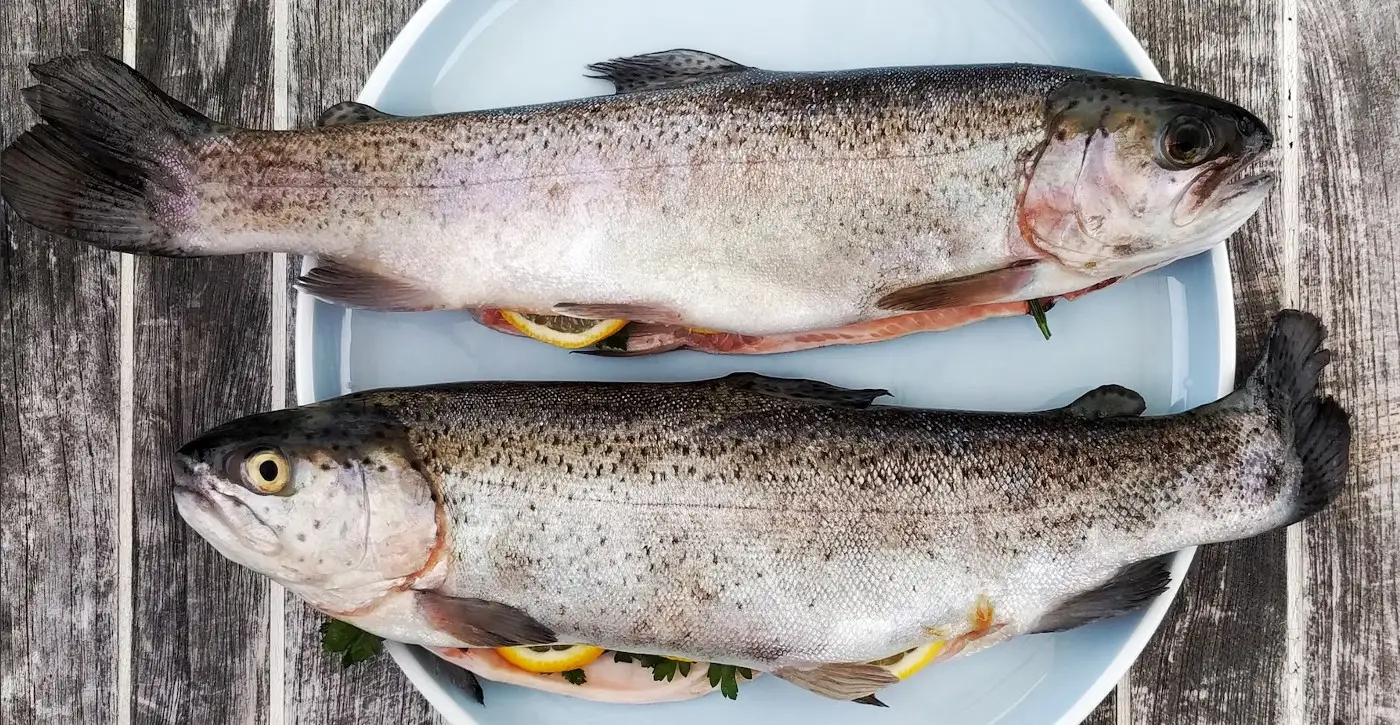
For example:
A diverse and nutritious diet that supports your immune system and fights inflammation is essential.
This means you should eat lots of fruits, vegetables, whole grains, lean protein, and healthy fats, and steer clear of processed foods, added sugars, alcohol, and caffeine, which can harm your health.
You may want to take l-lysine supplements.
L-lysine is known to prevent herpes outbreaks and it can help stop a cold sore in its initial stages by "starving" the virus of arginine before it has a chance to cause a cold sore.
Your immune system can be weakened and inflammation can be increased by foods that can cause allergic reactions or sensitivities, such as gluten, dairy, nuts, eggs, or shellfish.
Avoid these foods to avoid outbreaks.
Pain, swelling, and itching can be reduced by eating foods that have anti-inflammatory, antiviral, and antibacterial properties, such as honey, yogurt, aloe vera, and chamomile.
These foods can also help you heal faster by promoting tissue repair.
Check more food information
